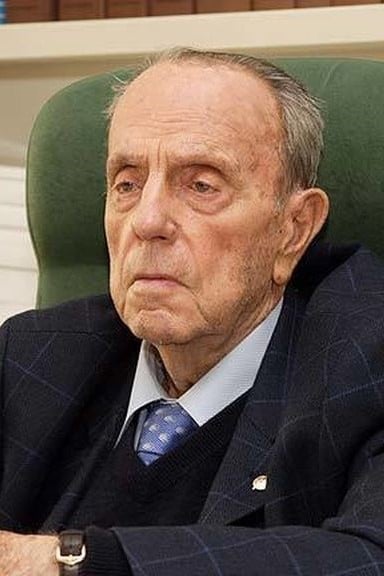
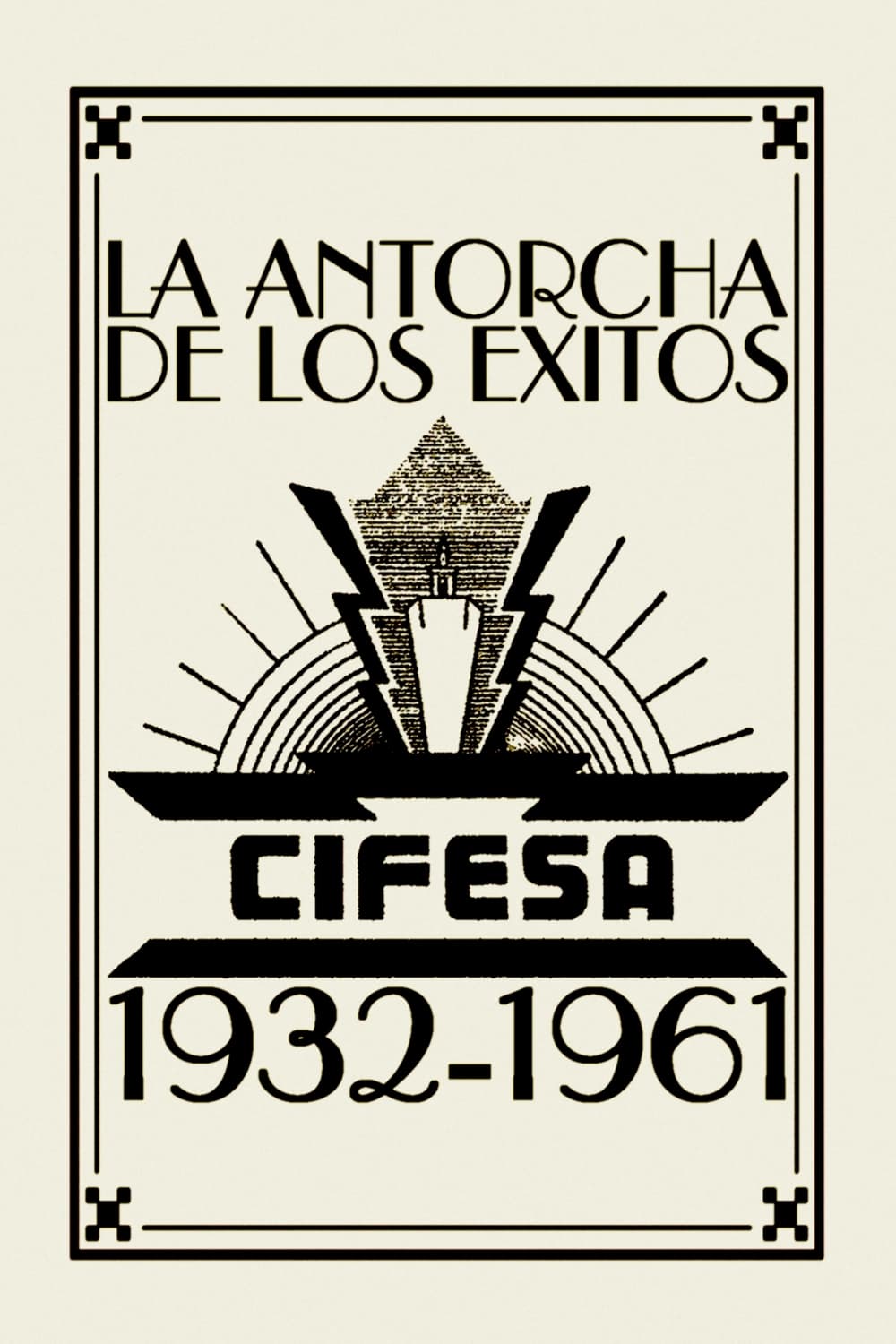
The amazing story of Cifesa, a mythical film production company founded in Valencia by the Casanova family that managed to dominate the box office during the turbulent times of the Second Spanish Republic, the carnage of the Civil War and the hardships of the long post-war period and Franco's dictatorship — and survive until the sixties, when Spain was timidly beginning to change.
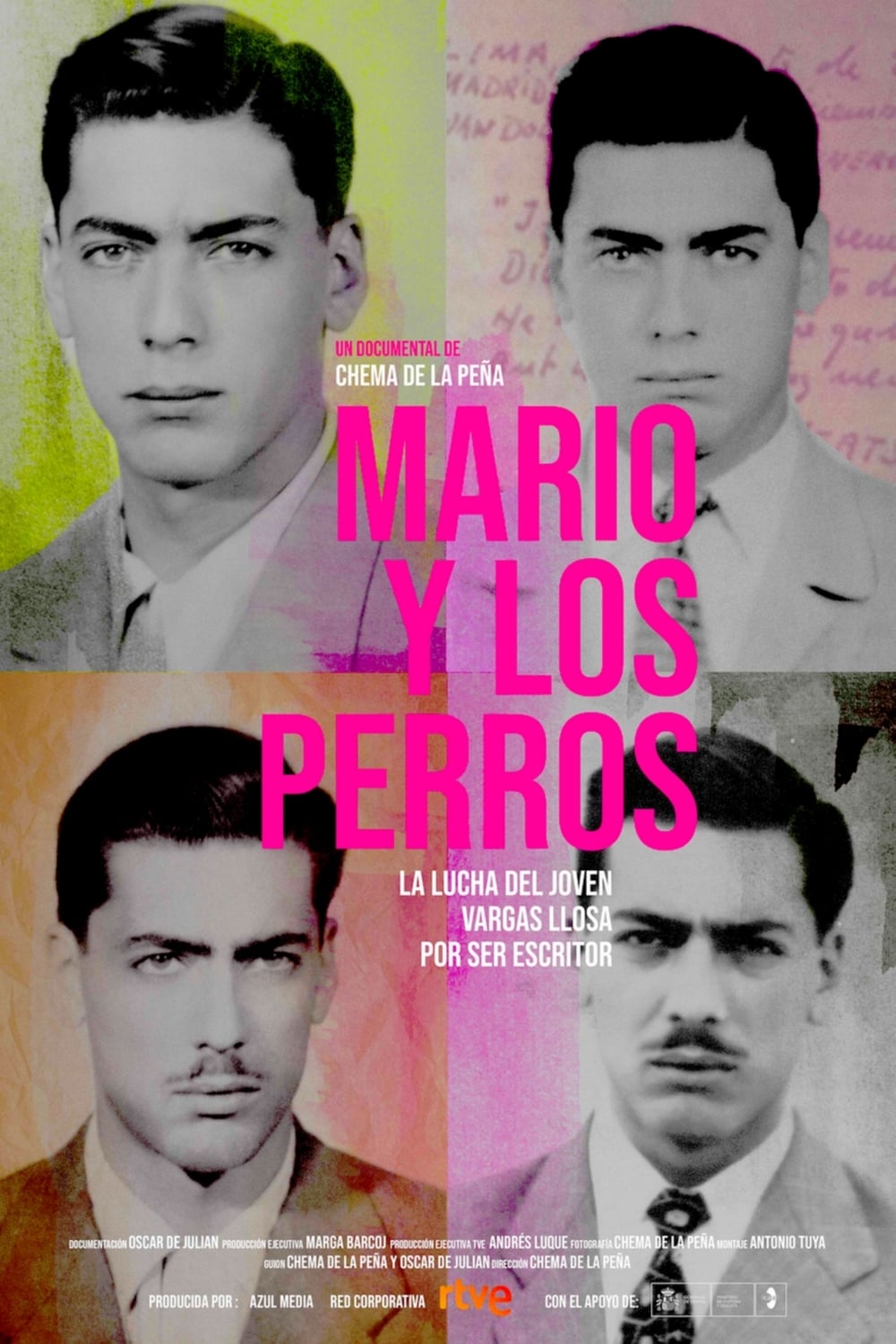
An account of the childhood and youth of the Peruvian writer Mario Vargas Llosa, Nobel Prize for Literature in 2010, and how the hard experiences he lived during these formative years led him to write and publish his first major work when he was only 26 years old.
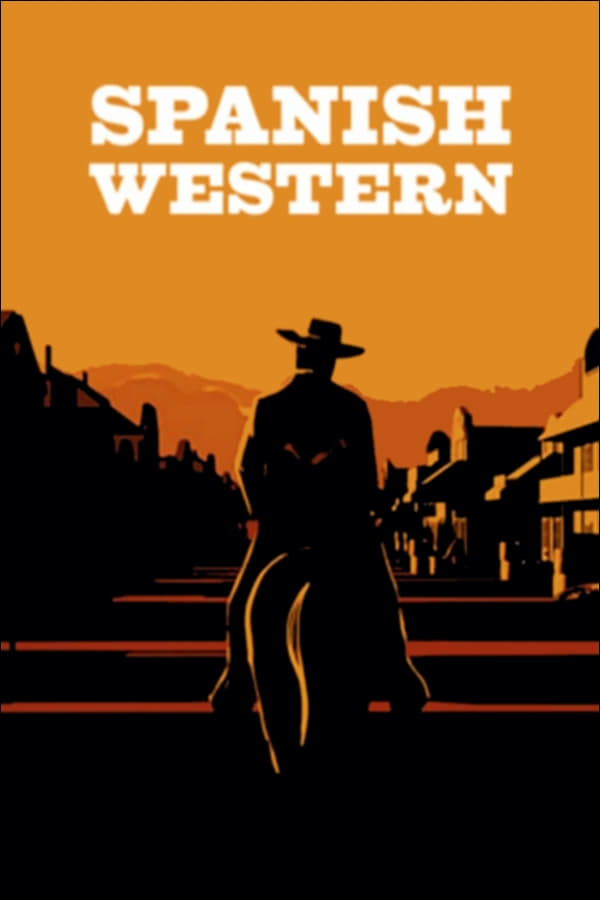
A vindication of the role of the technicians and artists who made spaghetti western genre possible, and a walk through the landscapes that made it possible to recreate in Spain, mainly in the desert of Almería, hundreds of adventures set in the remote American Far West.
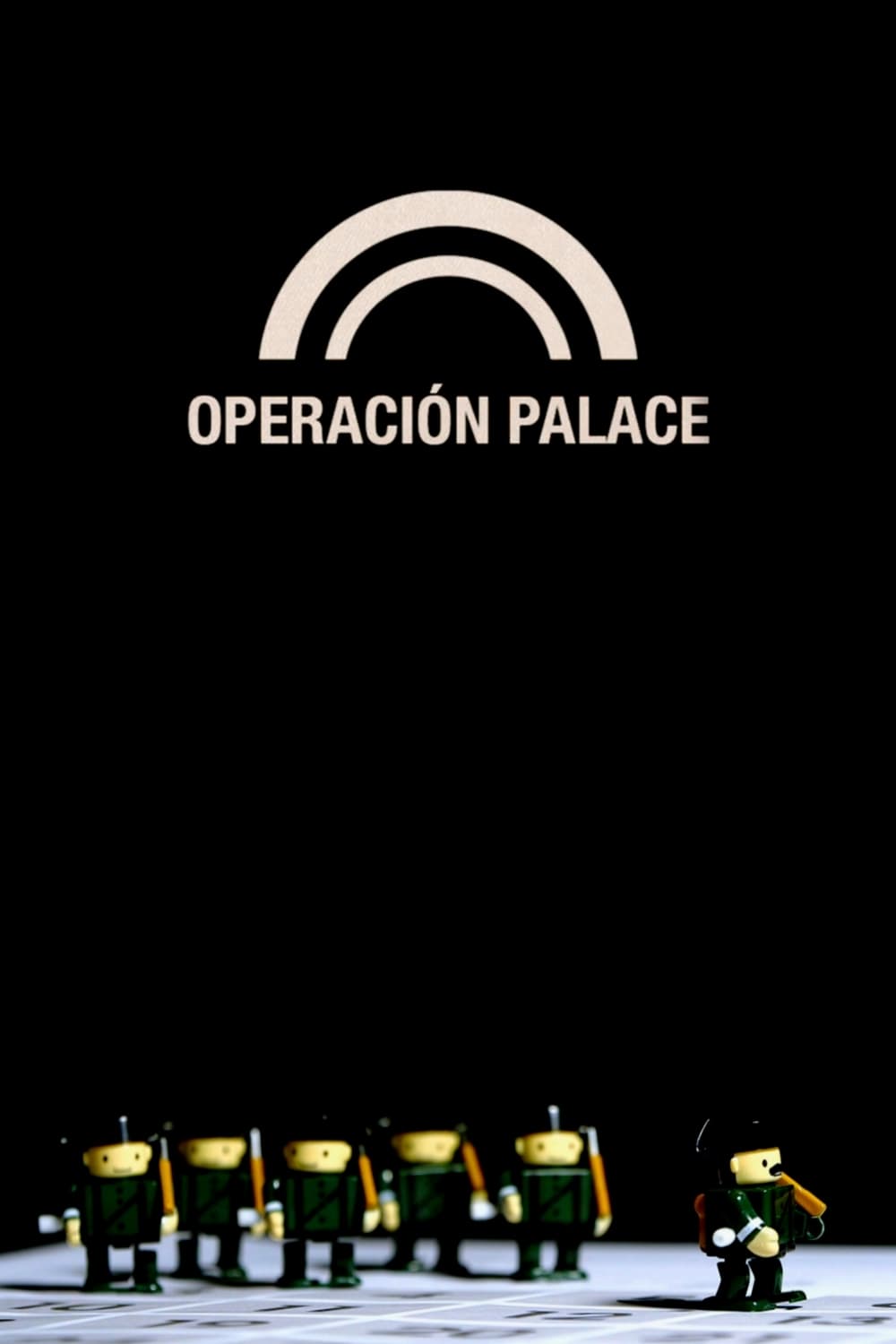
Finally, 33 years later, the whole truth behind the attempted coup d'état that shook Spain on the afternoon of February 23, 1981, is revealed by those who lived through those dreadful hours; a deep look behind the heavy curtain which hides the real mastermind, waiting to be unmasked.
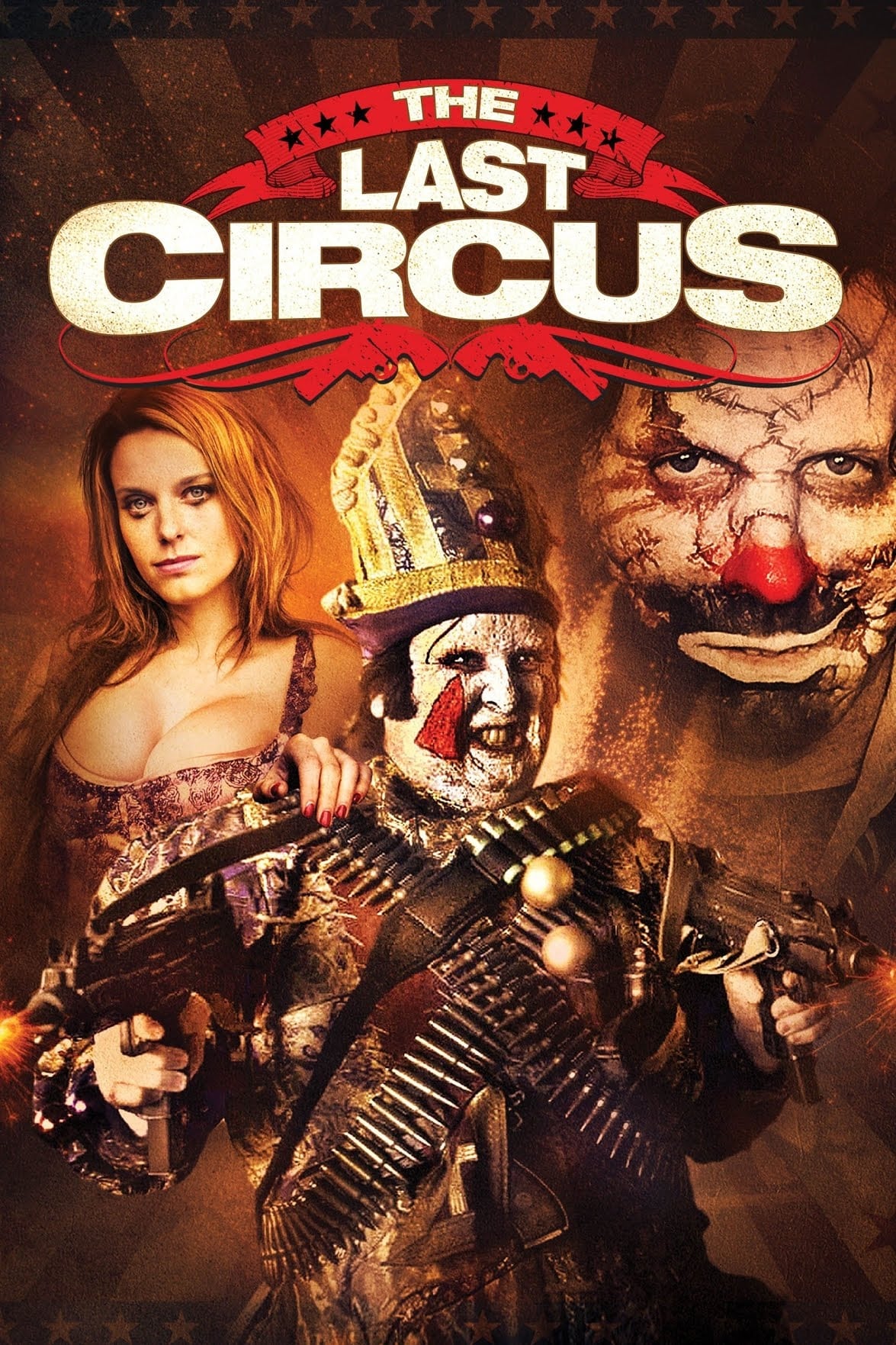
A trapeze artist must decide between her lust for Sergio, the Happy Clown, or her affection for Javier, the Sad Clown, both of whom are deeply disturbed.
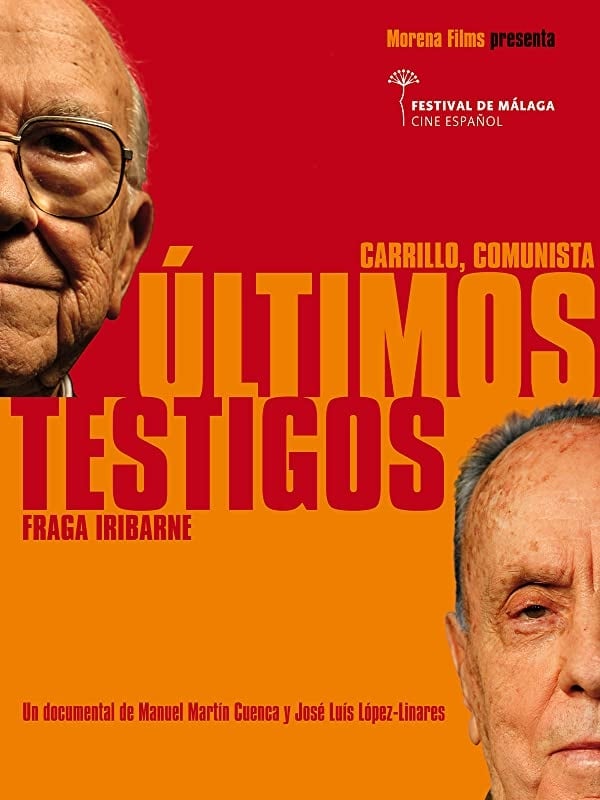
A film work made up of two different documentaries based on the same concept, made about and with the participation of Manuel Fraga and Santiago Carrillo.
Manuel Fraga was born on November 23, 1922 in Vilalba, Lugo, Galicia, Spain as Manuel Fraga Iribarne. He was married to Carmen Estevez. He died on January 15, 2012 in Madrid, Spain. He was the president of Galicia (Spain) (1990-2005)
By browsing this website, you accept our cookies policy.